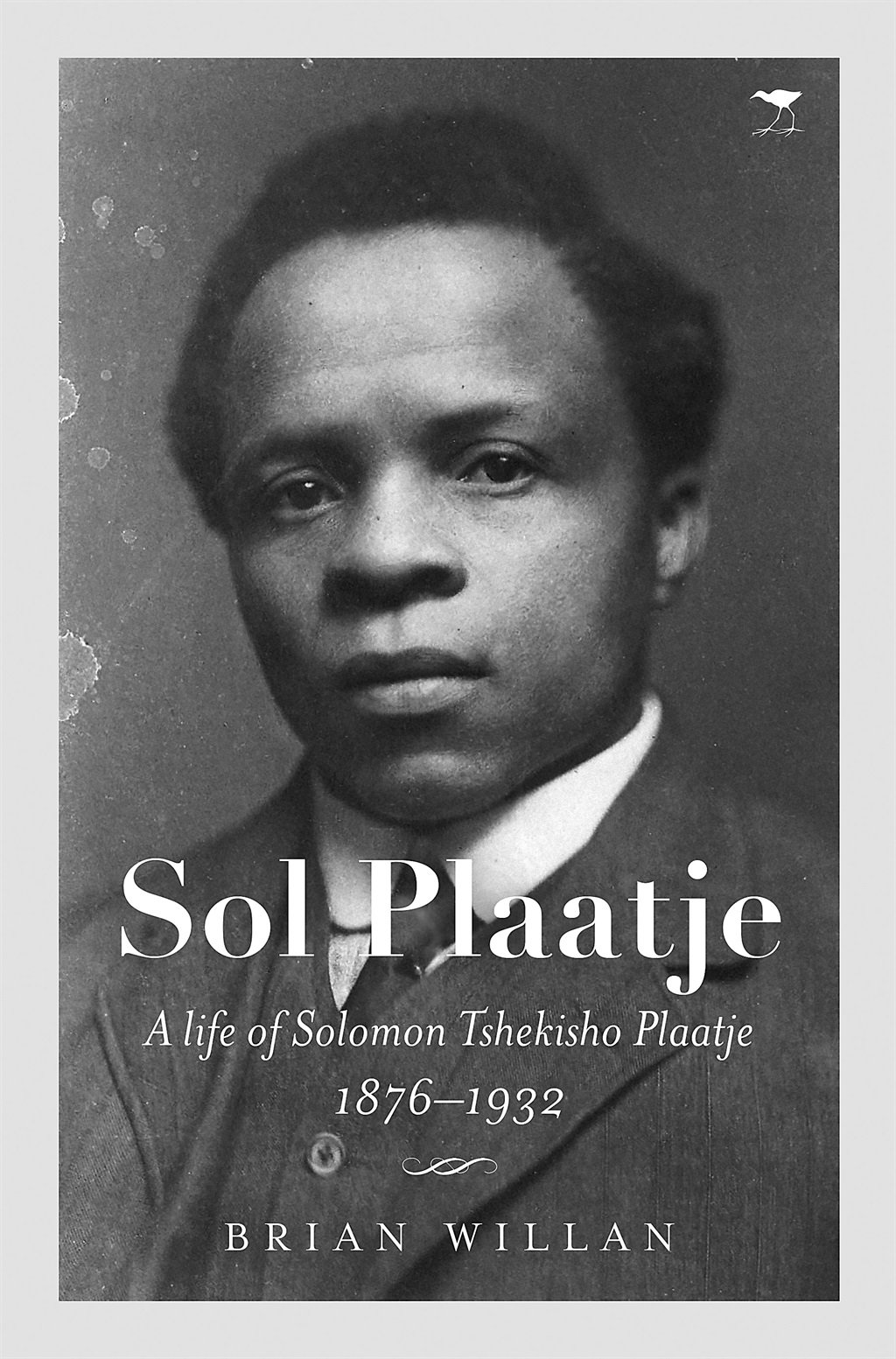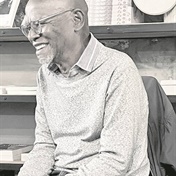
A comprehensive new biography of political thinker, civil servant and journalist Solomon Tshekisho Plaatje has hit the shelves. In this extract, academic Brian Willan considers the domestic impact of Plaatje’s seminal 1916 work, Native Life in South Africa, a direct response to the oppressive Natives Land Act of 1913
Prime Minister of the Union of South Africa Louis Botha’s response to Native Life in South Africa stands as the epitome of reasonableness and moderation when set against that of the man whom Sol Plaatje by now considered to be “the South African government’s most sturdy defender”, John Harris, “the organising secretary of the so-called Aborigines’ Protection Society”.
Having failed to prevent the publication of Native Life, Harris proceeded to do all he could to discredit the book and its author, believing it his duty to give General Botha “a helping hand” in carrying out his “great policy”. He sent out a stream of articles to the daily and periodical press in support of the policies of the South African government, comparing Botha variously to Moses and Abraham Lincoln, and denouncing Native Life for its “grotesque misrepresentations” and “almost deliberate untruths”.
In one of these articles, in the influential Journal of the Royal African Society, he argued that “the attitude adopted at the moment by the natives” constituted “by far the most formidable difficulty in relation to General Botha’s native policies”, and that such attitudes had “just received most unfortunate emphasis by the publication of a book that shows that even now there is an intelligent, well-educated native who either cannot, or will not, grasp plain facts”.
Native Life in South Africa, in Harris’s view, was “not merely full of the most unfortunate inaccuracies, but upon capital issues the distortions and misrepresentations are of such a nature that they can only do serious harm to the cause of the natives”.
Sol Plaatje: A life of Solomon Tshekisho Plaatje 1876-1932 by Brian Willan
Jacana Media
720 pages
R380
Despite his antipathy, Harris was nevertheless obliged to admit that it was not just Plaatje who constituted the problem. “It cannot be overlooked,” he acknowledged, “that at the present time the natives as a whole are against General Botha’s policy.” It was an extraordinary position for Harris to have arrived at.
Plaatje’s differences with John Harris were only intensified by the publication of the report of the South African Land Commission (the Beaumont Commission) shortly after the first edition of Native Life came out. This was the commission that had been set up under the provisions of the Natives Land Act to find further land for the African population.
As both Plaatje and other African leaders had predicted, the commission had been unable to find any substantial areas of land for this purpose, and its recommendations were in any case soon rejected by the South African Parliament.
While Harris preferred to find reason for encouragement in the report, on the grounds that it offered further guarantees on the principle of segregation, Plaatje was fiercely critical, and took its findings as complete vindication of what he had been saying over the past three years and just what he predicted. “Surely, Miss Werner,” he wrote, “you never expected that a commission of five interested white men could pass a fair segregation measure between themselves and the blacks.”
A generous donation from Mrs Solomon enabled Plaatje to have his 30-page analysis of the Beaumont report bound into the 500 copies that remained from the initial print run of Native Life in South Africa. In it he subjected the report and its recommendations to detailed scrutiny, and left his readers in no doubt as to the depth of the deceit he believed to have been perpetrated: “I must say,” he wrote, “that until this report reached me, I never would have believed my white fellow countrymen capable of conceiving the all but diabolical schemes propounded between the covers of volume one of the report of the South African Land Commission 1916, and clothing them in such plausible form as to mislead even sincere and well-informed friends of the natives.”
Fearful of the ultimate consequences for the future of South Africa if such policies were not altered, Plaatje again appealed to British public opinion to “stay the hand of the South African government, veto this iniquity and avert the nemesis that would surely follow its perpetration”.
They were not quite his final words. In the August 1916 issue of The Crisis, the monthly journal of the National Association for the Advancement of Colored People, there appeared a poem titled Retribution by Ida B. Luckie, warning of the inevitable outcome of oppression in the life of a nation. If injustices continued unchecked, she wrote, the result would be “the blood-red tide of anarchy”, to be followed by “the wreck of government, of home, and all the nation’s pride, its splendour and its power”.
Plaatje was clearly struck by the power of her words, commenting, as he reproduced two verses of her poem in his new chapter, that her mind “must have been riveted on South Africa” when she composed them. He could find no better way to conclude his appeal “for some outside intervention to assist South Africa in recovering her lost senses”.




 Publications
Publications
 Partners
Partners








